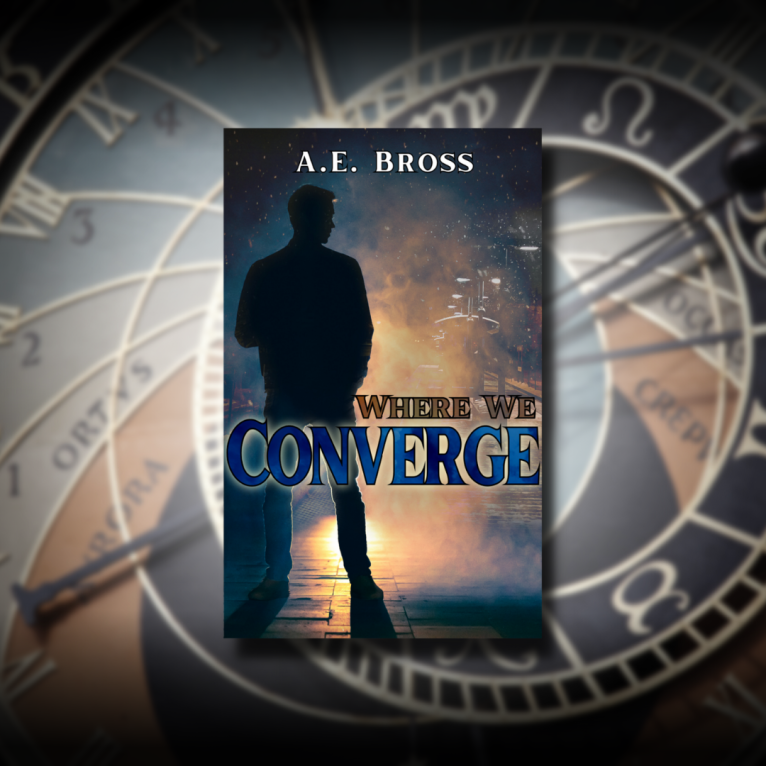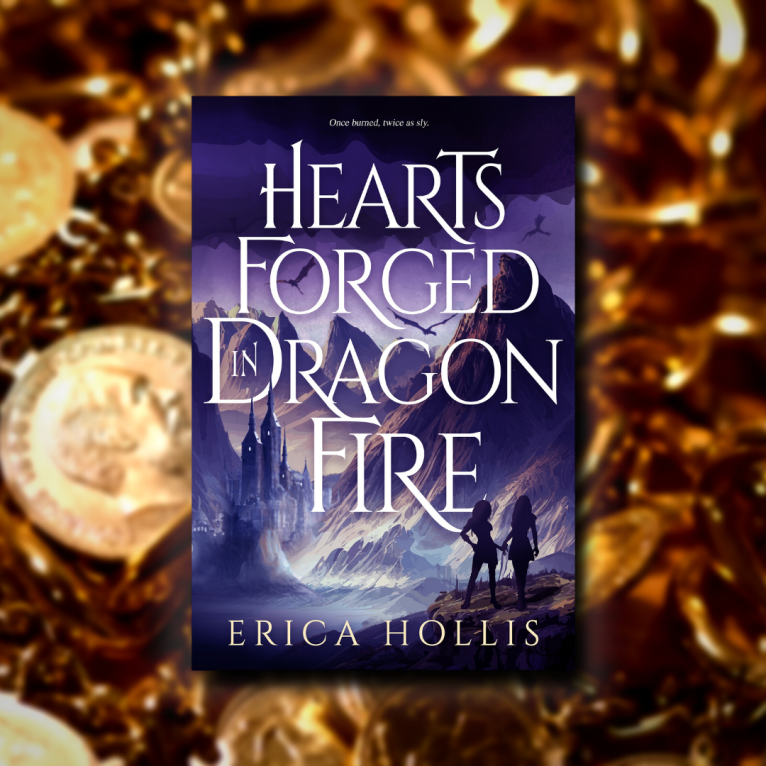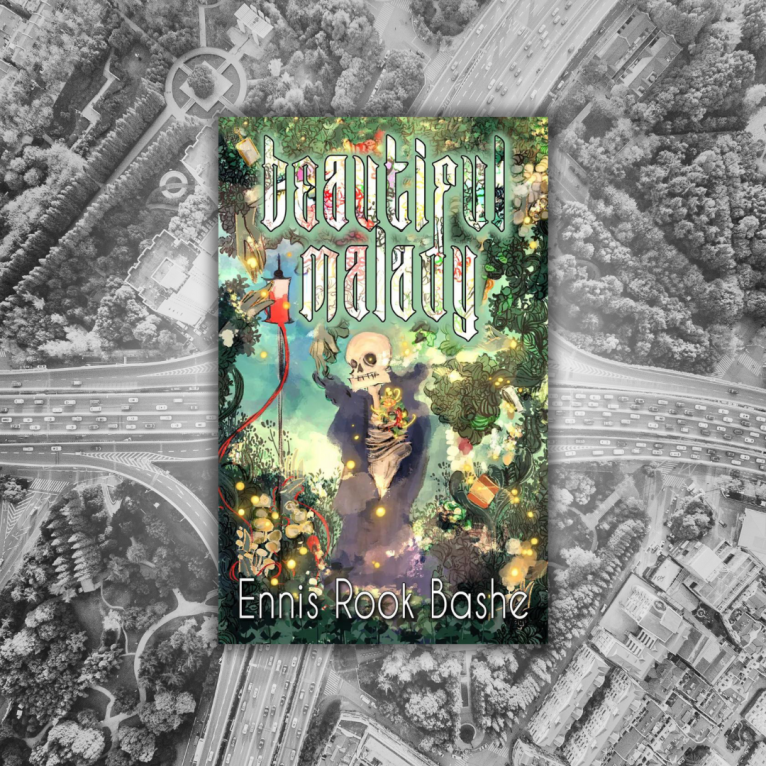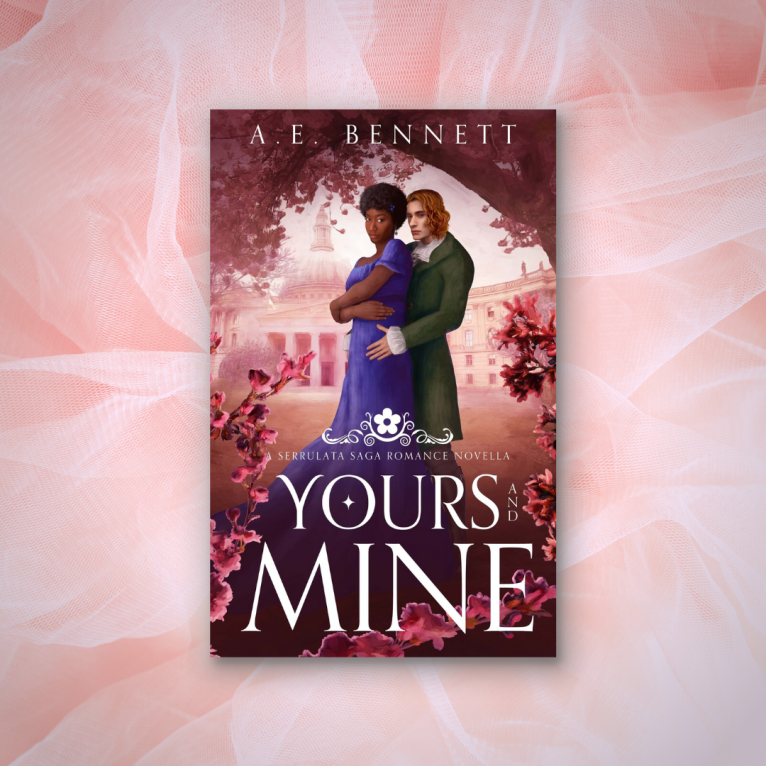Review: The Friendship of Mortals by Audrey Driscoll
The Friendship of Mortals by Audrey Driscoll was the first pick of my new indie book group, the Hidden Gem Society. The group was set up to help boost lesser known indie books we’d either read or very much liked the look of. While Lovecraftian retellings are not usually the kind of books I’d reach for, I was intrigued by the premise and interested to see what Driscoll had made of source material (whether it would be more readable for me, who really struggles with Lovecraft’s writing style). The result of this experiment, however? Well, I enjoyed a book, but also confirmed that I’m very happy to not read anything further from this particular author.
If you know Lovecraft, The Friendship of Mortals is a retelling of Lovecraft’s Herbert West – Reanimator. It focuses on creating a back story for West and his narrator, diving more deeply into their relationship and the beginnings of West’s “revivification” experiments.
And if that means as much to you as it did to me when I started reading:
Charles Milburn is an quiet, dependable card-cataloguer for the classics section at the Miskatonic University Library. His greatest joy is spinning together the ever-growing web of information, helping his colleagues to find the precise reference they might need for their research. He’s a man who curates history, never adding to it or taking part in it. That is until he’s tasked with looking after the infamous Necronomicon, vetting its visitors and making sure it’s kept safely under lock and key. When the charismatic Herbert West, then a first-year med student, applies to see the text, Milburn senses that the man has less than pure motives. But the cogs in the universe’s great machine are already turning, and what starts as a poor professional choice, will send Milburn spiralling down into the gloomy depths of West’s inner world.
Right, now we’re all on the same page, and know roughly what this book is about, let’s talk about why I enjoyed it. Primarily, most of what I liked about this book is connected to the characterisation of Herbert West himself. I am, unfortunately, a bit of a sucker for a charismatic megalomaniac, and that is basically the West that Driscoll presents us with here. I loved getting to peek at the logic driving him forward: the unflinching belief that his methods were beyond reproach, that his aims were both achievable and necessary to the betterment of humankind, and his immense sense of self were all fascinating to me. And quite often delivered with a dash of the darkest sense of humour. West regularly had me chuckling, both with him and at the irony of his words.
I would also say that Driscoll is pretty dam good at creating tension, with the revivification scenes setting me on edge, every time. As a person who’s easily triggered by gore, I thought I’d reach a point where I would have to start skipping over the discussions of the procedures and all the ins and outs of what went where, but Driscoll kept my brain engaged enough by whatever else was going on (possible murders, personal discoveries, etc.) that I barely paused on the corpsiness of it all.
All that said and done, however, there were a few issues that I just can’t put to one side with this one, the tamest being the pacing. As with a lot of Lovecraftian style fiction, there were large sections which droned on about landscaping, or the ins and outs of university life, that seemed to bear no real relevance to the actual story (other than potentially giving the reader a breath before the next bit of gore). Because I’ve found this quite common in this genre, I was, to a certain degree, willing to forgive this, until it came to the end of the novel.
There was a great deal of effort and not-so-subtle foreshadowing that lead up to the climax of The Friendship of Mortals, so I was really quite looking forward to seeing how it played out. I cannot tell you how disappointing it was to realise that the pay off from the whole plotline of this book appears to have been rudely shunted into the second novel in the series, which leaves The Friendship of Mortals to meander to a slow flop that hazes over about twenty years of Milburn’s life. It somehow managed to hit that most bitter sweet spot of feeling like a complete story and being somewhat “meh” at the same time, leaving a bad taste in my mouth.
And this bad taste only got worse when I was made aware that the bigoted moments in this book, which I had previously assumed were poorly chosen details from Lovecraft’s well-known brand of grossness, were in fact additions made by the author to flesh out the characters. Things from here might get a little spoilery, so feel free to skip the next paragraph if you don’t want anything given away.
As well as using the N word on page just to let us know the early 1900s were racist as hell (shocker), Driscoll makes some questionable additions to West’s backstory that have the unfortunate effect of echoing Lovecraft’s grim racism. Specifically, the combination of making West’s mother Italian, a cheat, and also mentally unwell. When I first read this, I assumed it was part of Lovecraft’s abhorrent “right kind of white”, “immigrants are degenerates” ideology, because I couldn’t imagine a modern author adding this detail without understanding how it would come across. While it felt like a tasteless choice to include it, I sort of brushed it off (probably shouldn’t have, but I was also bearing in mind this was first published in 2010). However, knowing this is something from the author’s own head puts it in a very different light. If this were say, a contemporary romance, the characterisation of West’s mother wouldn’t really set off any alarmbells. But context is key, and The Friendship of Mortals is a story that mimics Lovecraft in style and tone incredibly closely. It doesn’t do much (if anything) to make it clear where the author stands on Lovecraft’s worst qualities, so at best, this addition to West’s history shows a level of reverence for the source material that leaves me deeply uncomfortable. And this is without delving into the lack of sensitivity I felt mental health issues were shown in general.
So yes, this book has me conflicted. I enjoyed the reading experience up until the anti-climax, but I don’t know that I would have felt the same had I known how many of the questionable bits of representation were things the author had dreamt up herself.
If you’re a fan of Lovecraftian horror, I’ll honestly have to leave it to you to decide whether you fancy dipping your toe into this series. It’s worth noting that there is some vaguely queer representation in this version, but I can’t say it paid off particularly well in this book (it may perhaps get better later in the series, or may turn into “demonising your gays”, who knows). And if you’re interested in trying something Lovecraftian for the first time? … I guess this is at least a somewhat readable version of a Lovecraftian tale? But read critically, ffrinds. And maybe watch this amazing video from Overly Sarcastic Productions to give you some of the context regarding what Lovecraft was actually like (and some of his more famous tales).
Note: This review has been edited for clarity, but the opinion of the reveiwer has not been changed.
Hidden Gem Society: May
For May, the Hidden Gem Society will be reading Daylight Chasers, which is a short story/novella by Rue Sparks. I’ve read and reviewed this one before, and absolutely loved it, so I’m very excited to give it a re-read and getting to chat about it on the discord server! Sparks is also a member of the Hidden Gem Society, so we will have specific sections where you can ask them questions, as well as an author free zone.
If you’re interested in joining us, we’d love to have you along for the ride. Click the link here to join.











